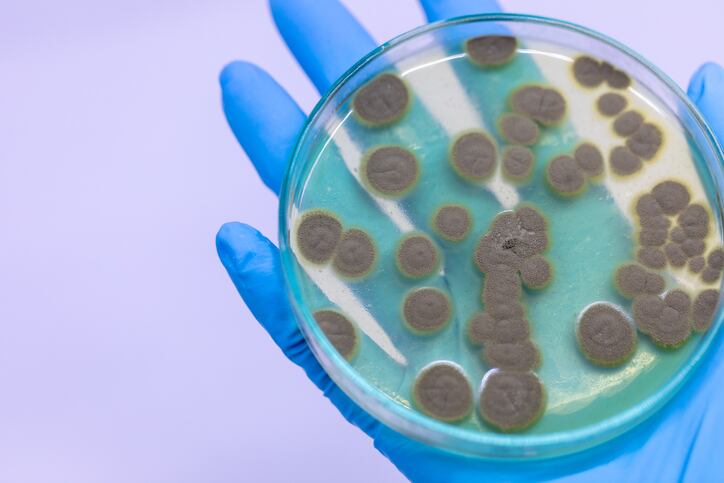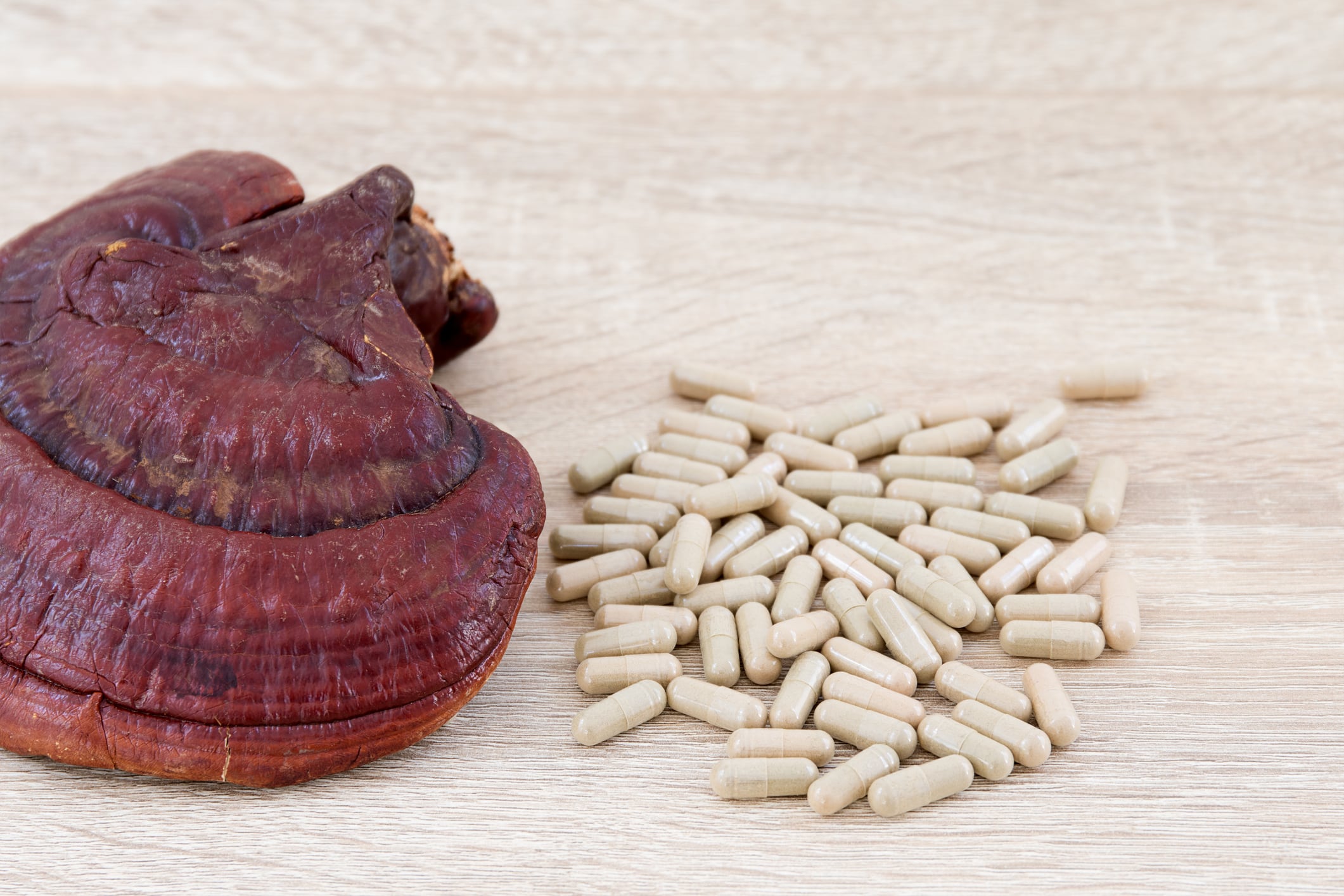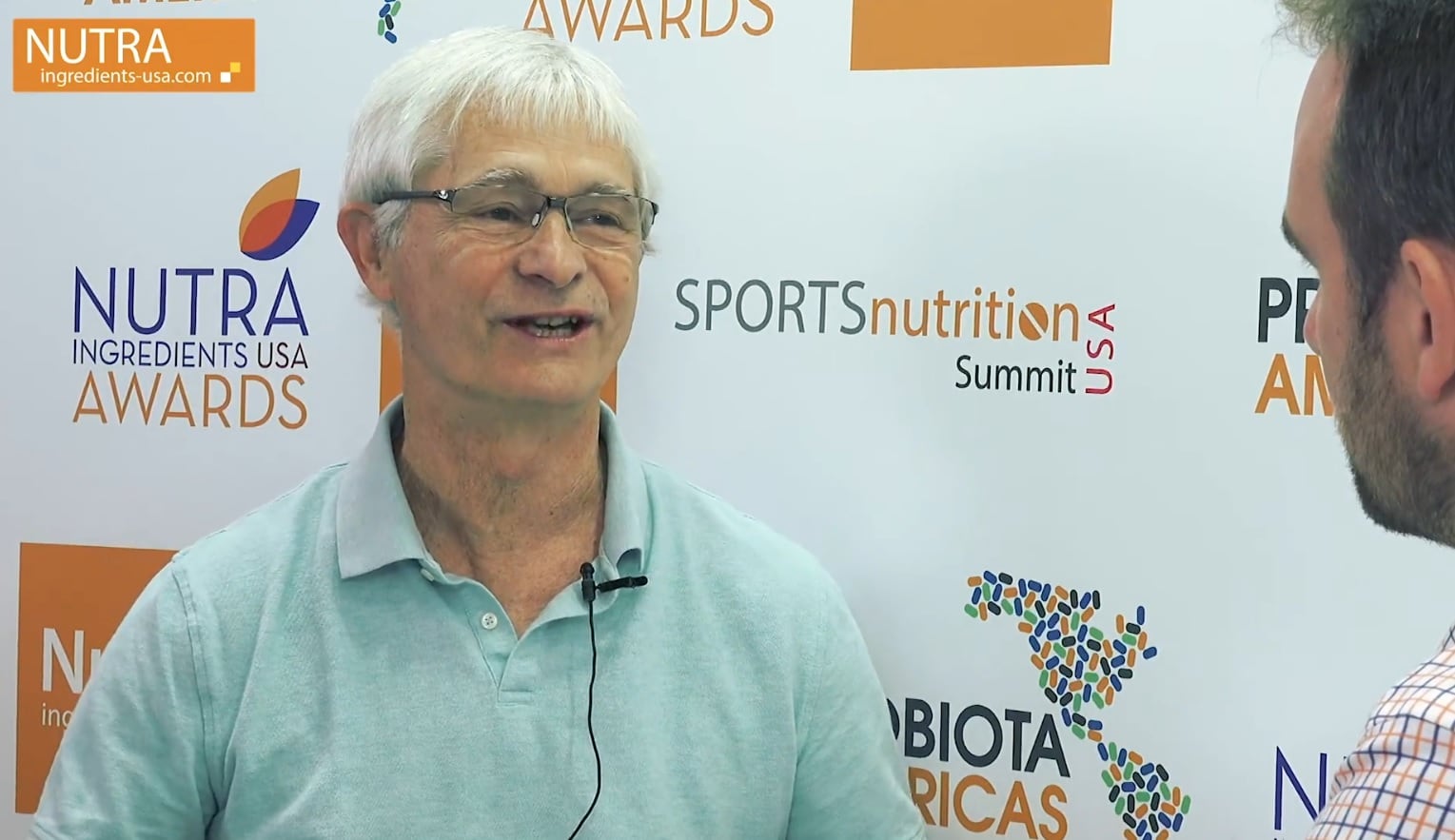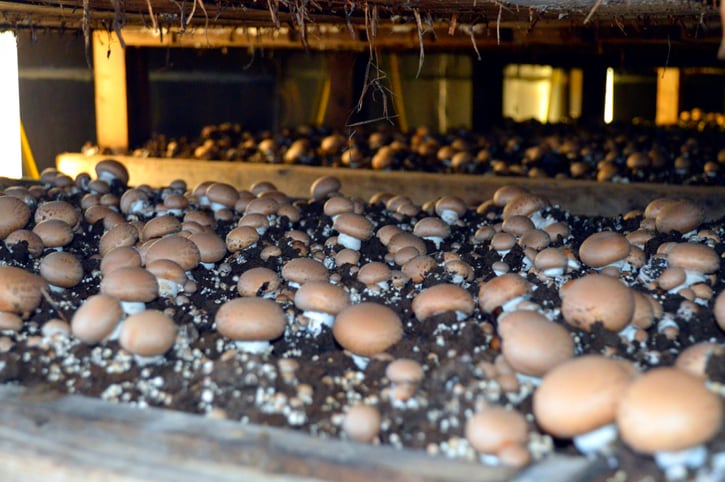The health advantages of mushrooms were recently investigated in a new peer-reviewed research published in the journal BMC Complementary and Alternative Medicine.
Mushroom manufacturer Fungi Perfecti teamed up with third-party immunology experts at Natural Immune Systems to study immune cell function properties in mushroom mycelium (the filament-like roots) and its fermented layer.
The medicinal mushroom Trametes versicolor (Tv, Turkey Tail) is often sold as a crude powder from the fungal mycelium and the fermented layer (substrate) on which it grew. While studies have been performed on both, the immunological contributions of the fermented substrate have not been examined. Researchers wanted to evaluate the immune-modulating properties of the mycelium compared to the fermented substrate, to see whether an important part of the immune-activating effects resides in the fermented substrate.
“Very potent”
Researchers say their finding suggests that mushroom mycelium is "very potent in terms of triggering immune cell function." The research also advances the theory that mushroom mycelium, along with its fermented substrate, is uniquely valuable and efficacious nutritional support for healthy immune functioning.
They point out that fermented substrate, even when separated from pure mycelium, is highly active in supporting natural immune function.
The scientists also found that pure mycelium and fermented substrate each offer unique, yet complementary health benefits.
Co-author Paul Stamets noted, "In my scientific opinion, mushroom products not incorporating mycelium are at a decided disadvantage, given the results of recent research."
Researchers also noted the immune-enhancing benefits of mushrooms come from a very wide range of constituents, not just sugars found in the cell walls of mushrooms.
Line of immune defense
Fungal hyphae secrete a wide variety of defense compounds to deter predators and pathogens, allowing the fungi to maintain their territory and evade invasion by bacteria and molds. The study highlights that these compounds may be evolutionarily conserved and offer biological effects for other species such as humans.
Fungi, such as molds and mushrooms, is also a source of medicinal chemicals. The most famous example of the first antibiotic—penicillin, is isolated from the Penicillium chrysogenum mold.
Renee Davis, R&D director at Fungi Perfecti, stated "We've long known of the exceptional biotransformational qualities of mushroom mycelium—the enzymes and novel small molecules are capable of significantly altering the chemical character of its substrate. This is the first study to examine the immunological effects of rice substrate separated from mycelium. The results are incredibly exciting to us as a research team, and we are proud to contribute to the scientific community in a way that moves the conversation forward."
Mushrooming market
As more health-conscious consumers seek out plant-based protein, the mushroom market is picking up steam. Mushrooms are rich in fiber, protein, potassium, riboflavin, vitamin D and low in fat and cholesterol.
Health reasons aside, climate change and animal welfare may also play a role in the rapidly growing plant-based population. In fact, 6% of US consumers identify as vegan — that’s a 600% jump from 2014. The surging vegan population is expected to be the key driver of the global mushroom market growth in the forecast period.
According to Fortune Business Insights, the global mushroom market consumption was 12.7 million tons in 2018 and is projected to reach 20.8 million ton by 2026.
Source:
BMC Complementary and Alternative Medicine
19, 342 (2019) doi.org/10.1186/s12906-019-2681-7
“The mycelium of the Trametes versicolor (Turkey tail) mushroom and its fermented substrate each show potent and complementary immune activating properties in vitro”
Authors: Benson, K.F., et al.




